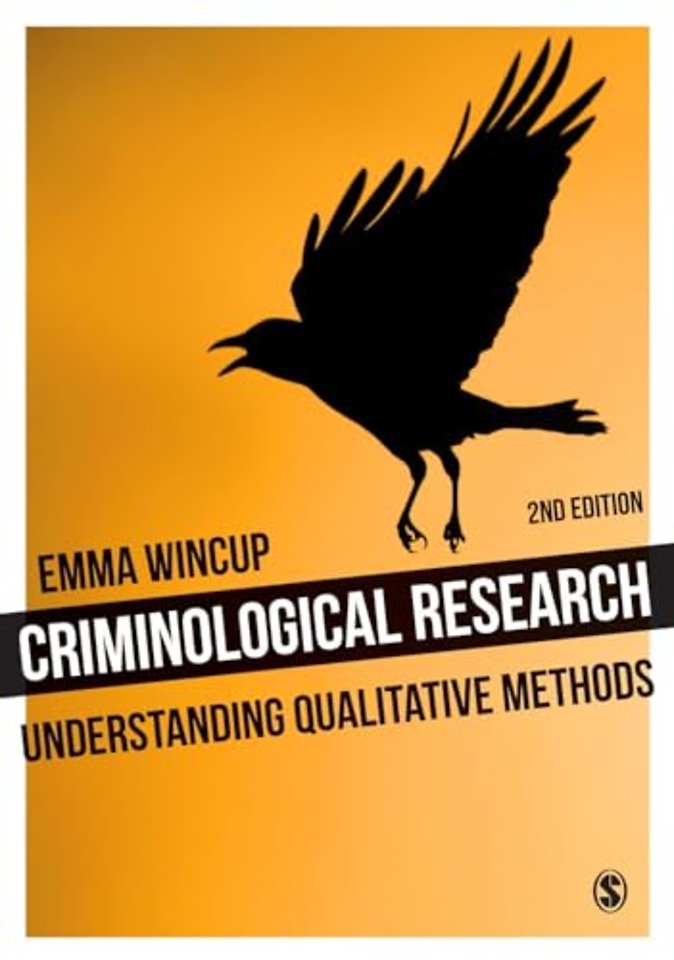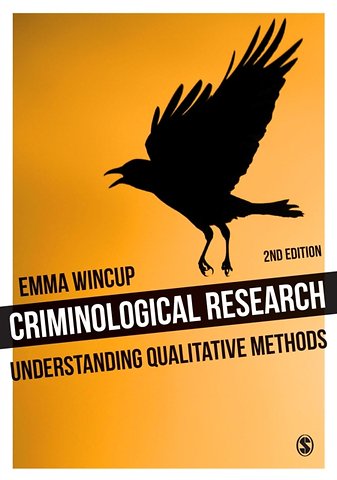Criminological Research
Understanding Qualitative Methods
Samenvatting
Good research starts with careful planning and a thorough understanding of the research process. The abilities to design a research study and to evaluate those conducted by others are core skills every student of criminology must learn. With guidance from theoretical considerations through the steps of the research process, this book equips you with the necessary tools to carry out a successful, ethical study.
This is a completely updated new edition, and it features A new skills-focused chapter on how to evaluate existing qualitative studies and design new onesRich examples from real research making the ideas and concepts concreteNew in-depth case studies on fashion counterfeiting, electronic monitoring and youth justice to illustrate the realities of conducting qualitative researchA full discussion of the politics of research, issues of access, ethics and managing risk in the fieldThought-provoking exercises reinforce practical research skills This book is the perfect guide to theory and practice for any student undertaking qualitative research on crime or criminal justice.
Specificaties
Inhoudsopgave
1. Qualitative approaches to criminological research
2. The politics of researching crime and justice
3. Ethics in criminological research
Part II: The Research Process
4. Negotiating and sustaining access
5. Using existing qualitative data
6. Interviews and focus groups
7. Ethnography
8. Working with qualitative data: analysis and writing
Part III: Being a Qualitative Researcher
9. Researching women’s experiences of electronic monitoring – Ella Holdsworth
10. Using focus groups to explore young people’s perceptions of fashion counterfeiting - Joanna Large
11. Research with young people who are vulnerable and ‘difficult to reach’ - Kathy Hampson
12. Becoming a qualitative researcher
Anderen die dit boek kochten, kochten ook
Rubrieken
- cadeauboeken
- computer en informatica
- economie
- filosofie
- flora en fauna
- geneeskunde
- geschiedenis
- gezondheid
- jeugd
- juridisch
- koken en eten
- kunst en cultuur
- literatuur en romans
- mens en maatschappij
- naslagwerken
- non-fictie informatief/professioneel
- paramedisch
- psychologie
- reizen
- religie
- schoolboeken
- spiritualiteit
- sport, hobby, lifestyle
- thrillers en spanning
- wetenschap en techniek
- woordenboeken en taal







